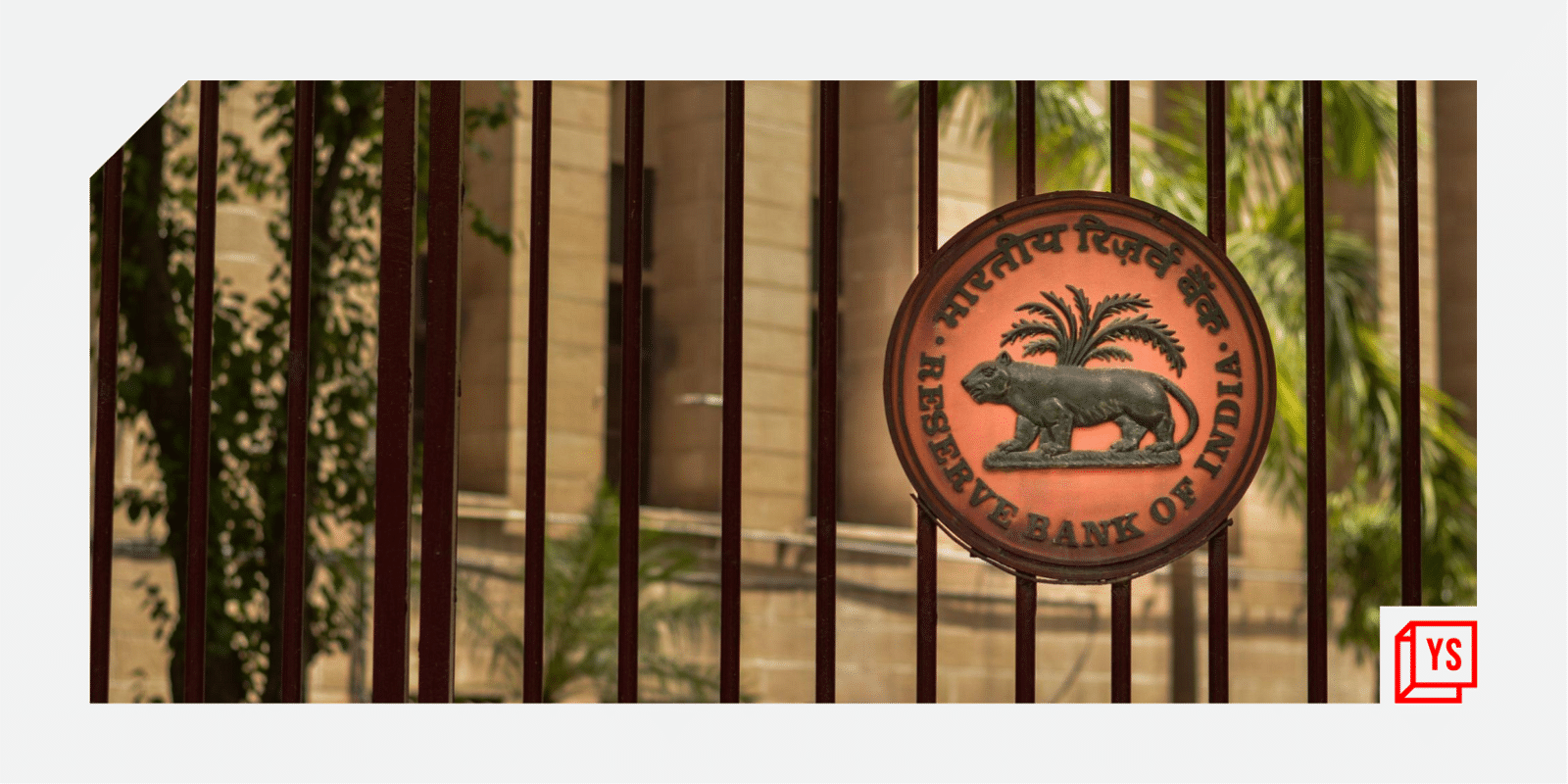The Reserve Bank of India (RBI) is looking to expand the ongoing pilots in CBDC (central bank digital currency), retail and wholesale segments by incorporating various use cases and features in the current fiscal year.
The pilot in CBDC-Retail is proposed to be expanded to more locations and will include more participating banks, said the Reserve Bank’s Annual Report for 2022-23, released today.
The first pilot of the digital rupee in the wholesale segment commenced on November 1 last year. The use case for this pilot is the settlement of secondary market transactions in government securities. This is expected to make the interbank market more efficient. Nine banks, including State Bank of India, ICICI Bank, Kotak Mahindra, and Bank of Baroda, are participating in the pilot.
The pilot for the retail digital rupee was started in December and launched in Mumbai, New Delhi, Bengaluru, and Bhubaneswar, with customers and merchants in a closed user group. The pilot includes eight banks; five more are in the process of joining the effort.
“The scope of the pilots is being expanded gradually to include more banks, users, and locations as needed. The results of both the pilots so far have been satisfactory and in line with expectations,” the report said.
Framework for fintechs, big techs soon
The working group, constituted under the chairmanship of the executive director, is in the process of finalising its recommendations which, inter alia, will include a vision and a strategy for the development of a fintech ecosystem in India and a framework for fintech and big tech companies.
The working group comprises representatives from various internal departments—Department of Economic and Policy Research, Department of Fintech, Department of Regulation, Department of Supervision, Financial Inclusion and Development Department, and the Department of Payment and Settlement Systems. It also has representation from the fintech industry, a legal firm, and the Reserve Bank Innovation Hub.
The working group has been engaging with various stakeholders, including banks and fintech and big tech firms.
On the account aggregator framework, the report said the central bank is taking a “well-considered and nuanced approach”, in consultation with Reserve Bank Information Technology Private Limited (ReBIT) and other stakeholders, to make the ecosystem more robust, address the technical issues of the growing ecosystem, and facilitate further growth.
The central bank expects the number of registered NBFC (non-banking financial companies) account aggregators, financial information providers, and financial information users to increase substantially.
The RBI’s agenda for 2023 also includes the creation of an open, inter-operable integrated public tech platform for finance that can act as a single unified public platform and facilitate the integration of data in a seamless manner for all lenders. This would enable the delivery of frictionless credit.
Payments infra development fund
The central bank is likely to review the continuation of the Payments Infrastructure Development Fund, which was introduced to facilitate the development of payment acceptance infrastructure in Tier III to VI cities and the northeastern states. The scheme was activated on January 1, 2021.
The reports said the scheme has received overwhelming support from the contributors (RBI, card networks, and card issuing banks) and acquirers. Its initial target of creating 90 lakh payment touchpoints by the end of December 2023 was met by the end of the first year itself.
“Implementation of the scheme resulted in various innovative ideas and field-level experience, which the advisory council members felt necessary to explore. The feasibility of continuing the scheme on these lines will be explored,” the report said.
Meanwhile, the RBI is examining the public feedback received on the discussion paper on charges in payment systems, including UPI and payment instruments such as debit and credit cards.



![Read more about the article [EXCLUSIVE] Sequoia-backed Flint discontinues flagship yield service, mulls alternative product options](https://blog.digitalsevaa.com/wp-content/uploads/2023/01/DS12-1655796073110-300x150.png)
![Read more about the article [Startup Bharat] This legaltech firm is helping companies automate contract management with its AI/ML solution](https://blog.digitalsevaa.com/wp-content/uploads/2022/06/ImageBranding-Amisha44-1655392957458-300x150.png)





